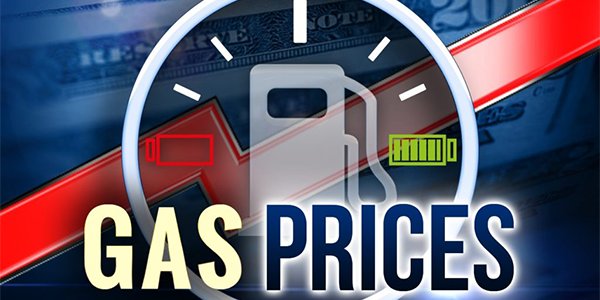By Tate Scott
CHATTANOOGA, TENN (mocsnews.com) – Gas prices are at a record high and Americans are trying to decide where to place blame: the Biden Administration, gas station owners, the oil industry, or the simple concept of supply and demand? This article will explain where this rise in price is really coming from, the divide in blame for Americans, and what the future looks like for this industry as well as the common citizen.

Americans from every corner have been impacted by the rise in gas prices, no matter their political affiliations or daily lives. Matthew DuBose, a daily commuter, expressed his own struggles with the gas prices in an interview.
“It has been really hard being able to afford gas since the prices began to rise. My daily work commute is 30 minutes, so this has caused me to make some lifestyle changes,” says DuBose.” “Luckily, I am a bachelor that is able to do that, but it makes me think about the families and individuals who this may have lasting effects on and cause real sacrifices. There have even been times that my employees have had trouble with transportation since this surge.”
Not only is this problem affecting the average American consumer, but it is affecting businesses alike. In an interview with restaurant managers in the Chattanooga area, it became evident that gas prices may have more of an effect than we think.

One bar manager mentioned the backlash he’s received on his pricing of beer, liquor and wine. His explanation comes from the simple fact that getting these goods is at a higher cost than before because of gas prices, causing him to raise the prices to see a profit.
Holli Scott, a travel nurse and frequent traveler, gave her input on this in an interview.
“I have been working really hard for my daughter and I to be able to go see my son, but plane tickets are unfairly priced since the rising gas prices,” says Scott. “The transportation costs alone near $2,000 before you’ve even eaten a meal. It seems unrealistic for the average individual.”
Many are placing their blame on the Biden administration, which stems from years of political turmoil, but the answer may not be so clear. One clear answer is the banning of Russian oil, leading to inflation and higher gas prices.

What happens next? It all depends on how the war in Ukraine plays out and how our elected officials respond. Zach Strickland, an analyst at Freightwaves, claims we are far away from being able to solely rely on United States domestically produced oil.
“Changing infrastructure takes years, so there’s nothing we can do in the short term other than releasing some backlogged reserves that’s going to help kind of mitigate it,” says Strickland. “Really, we just need this situation to resolve itself quicker”
 Mocs News Reporting the news that matters most to UTC
Mocs News Reporting the news that matters most to UTC




